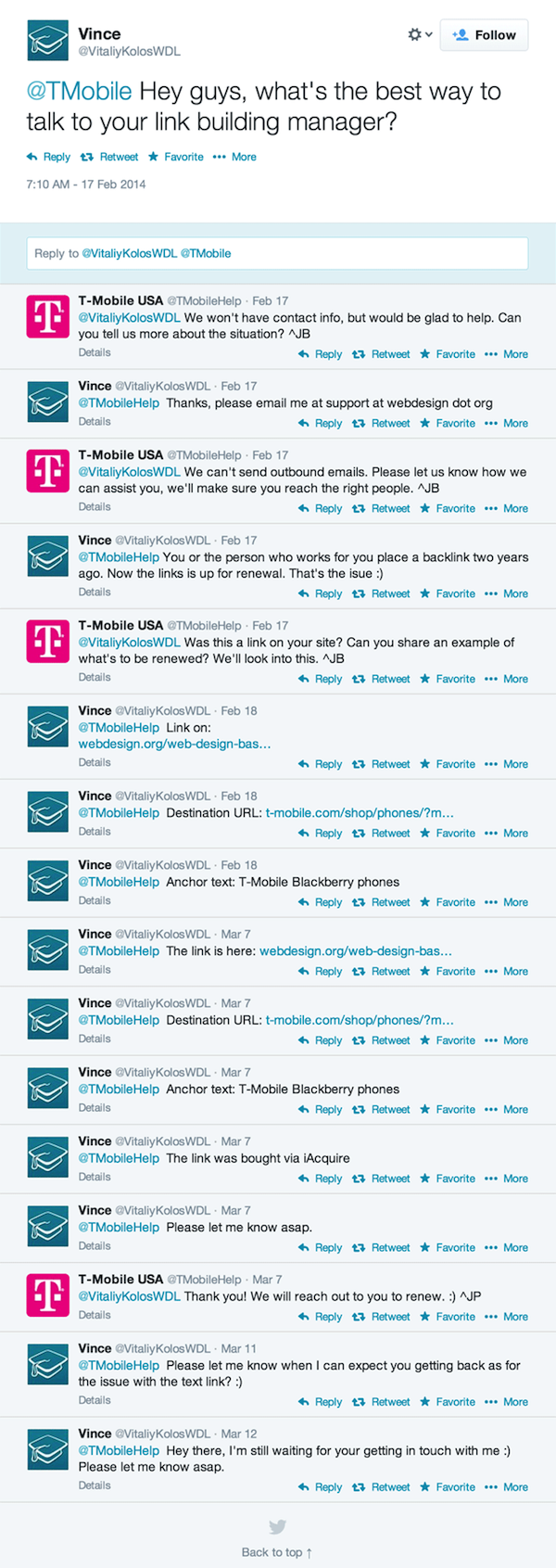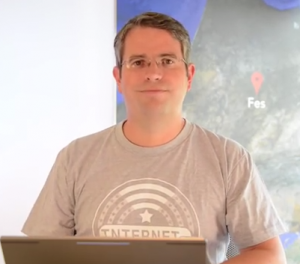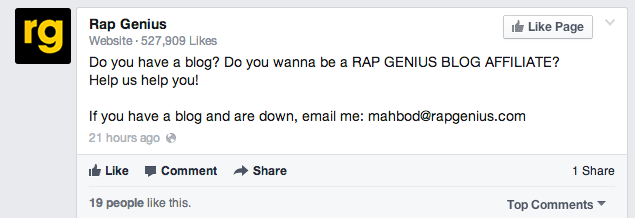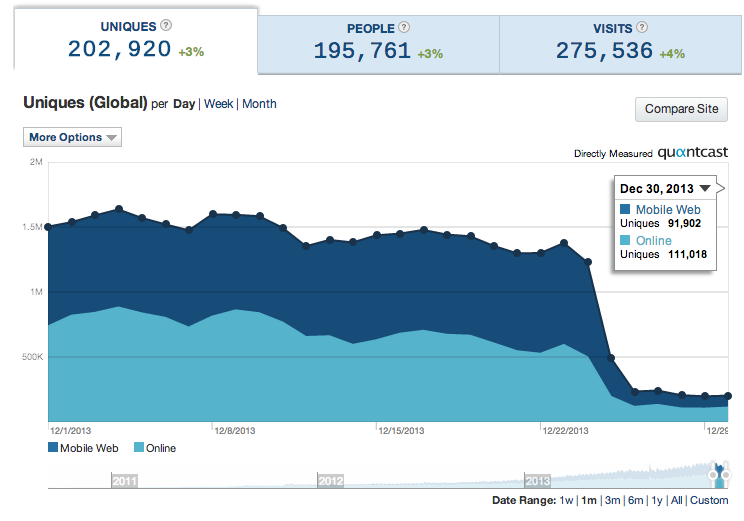We try to keep our readers and clients updated with all of Google’s biggest news, whether it be redesigns, guideline changes, or newsworthy penalties. It makes sense, as Google currently receives over half of all searches made every day.
But, even those of us who keep a careful eye on the best guidelines and policy trends of the biggest search engine can end up outright confused by Google occasionally. A story reported by Danny Sullivan yesterday happens to be one of those situations.
Google has been outspoken against guest blogging or guest posts being used “for SEO purposes”, and they have even warned that sites using these questionable guest posts could be subject to penalties. However, the latest story claims that Google has penalized a moderately respected website for a single guest post. Most interesting, the post was published well before the guidelines were put into place and seems to be relevant to the site it was posted on.
The penalty was placed against DocSheldon.com, which is run by Doc Sheldon, a long-time SEO professional. Recently, Sheldon was notified that a penalty was placed against his entire site. The penalty report informed Sheldon that Google determined there were “unnatural links” from his site.
So far, this is the typical penalty put against those who are attempting to run link schemes of some form. But, obviously someone who has been around as long as Sheldon knows better than that. So what were the “unnatural links”?
It took an open letter from Doc Sheldon to Google, which he then tweeted to Matt Cutts, one of Google’s most distinguished engineers, to get some answers.
@DocSheldon what "Best Practices For Hispanic Social Networking" has to do with an SEO copywriting blog? Manual webspam notice was on point.
— Matt Cutts (@mattcutts) March 24, 2014
Cutts mentions one blog post published to Sheldon’s site, which appears to have been written in March 2013.
The post is exactly what the title suggests it would be (“Best Practices for Hispanic Social Networking”), but it contains two links at the end, within the author’s bio. One of the links takes you to the author’s LinkedIn page. The other, however, claims to take people to a “reliable source for Hispanic data”, which leads to a page that appears to be closer to a lead-generation pitch about big data.

Source: Search Engine Land
Now, there are a few issues with the link. The page it leads to is suspect, and some would say that the words “Hispanic data” in the anchor text could be potentially too keyword rich. But, Cutts seems to imply that the content of the blog post was as much an issue as the links. As Sullivan puts it, “Apparently, he fired up some tool at Google to take a close look at Sheldon’s site, found the page relating to the penalty and felt that a guest post on Hispanic social networking wasn’t appropriate for a blog post about SEO copywriting.”
That would be a fair criticism, but if you take a closer look at the top of Sheldon’s site, he doesn’t claim the site to be limited to SEO copywriting. In fact, the heading outright states that the site relates to “content strategy, SEO copywriting, tools, tips, & tutorials”. You may take note that social practices for any demographic could certainly be relevant to the topic of content strategy.
So, as the story stands, Google has levied a large penalty against an entire site for a single blog post with one questionable link, all because they decided it wasn’t on-topic. Does that mean Google is now the search police, judge, and jury? Sadly, it appears so for the moment. Little appears to have changed since the story broke yesterday. DocSheldon.com is still dealing with the penalties, and Google hasn’t backed down one bit since the penalty was sent.
It goes without saying, the events have sparked a large amount of debate in the SEO community, especially following the widely followed penalty placed against the guest blog network MyBlogGuest. The wide majority agree this penalty seems questionable, but for the moment it appears it is best to stay under the radar by following Google’s policies to the letter. Hopefully they will become a bit more consistent with their penalties in the meantime.


 Google has been bringing down the hammer on spammy websites quite a bit recently with more specific penalties for sites that aren’t following guidelines. There have been several high-profile cases such as the Rap Genius penalty, and several attacks on entire spammy industries. But, if you are responsible for sites with spammy habits, a single manual action can hurt more than just one site.
Google has been bringing down the hammer on spammy websites quite a bit recently with more specific penalties for sites that aren’t following guidelines. There have been several high-profile cases such as the Rap Genius penalty, and several attacks on entire spammy industries. But, if you are responsible for sites with spammy habits, a single manual action can hurt more than just one site. There is no escaping a Google penalty without following the rules and doing the hard work to clear your name. It is old news that if you have suffered a penalty on your site and you moveto a new domain and redirect the URLs to that new domain, the penalty stays around thanks to the redirects.
There is no escaping a Google penalty without following the rules and doing the hard work to clear your name. It is old news that if you have suffered a penalty on your site and you moveto a new domain and redirect the URLs to that new domain, the penalty stays around thanks to the redirects.



